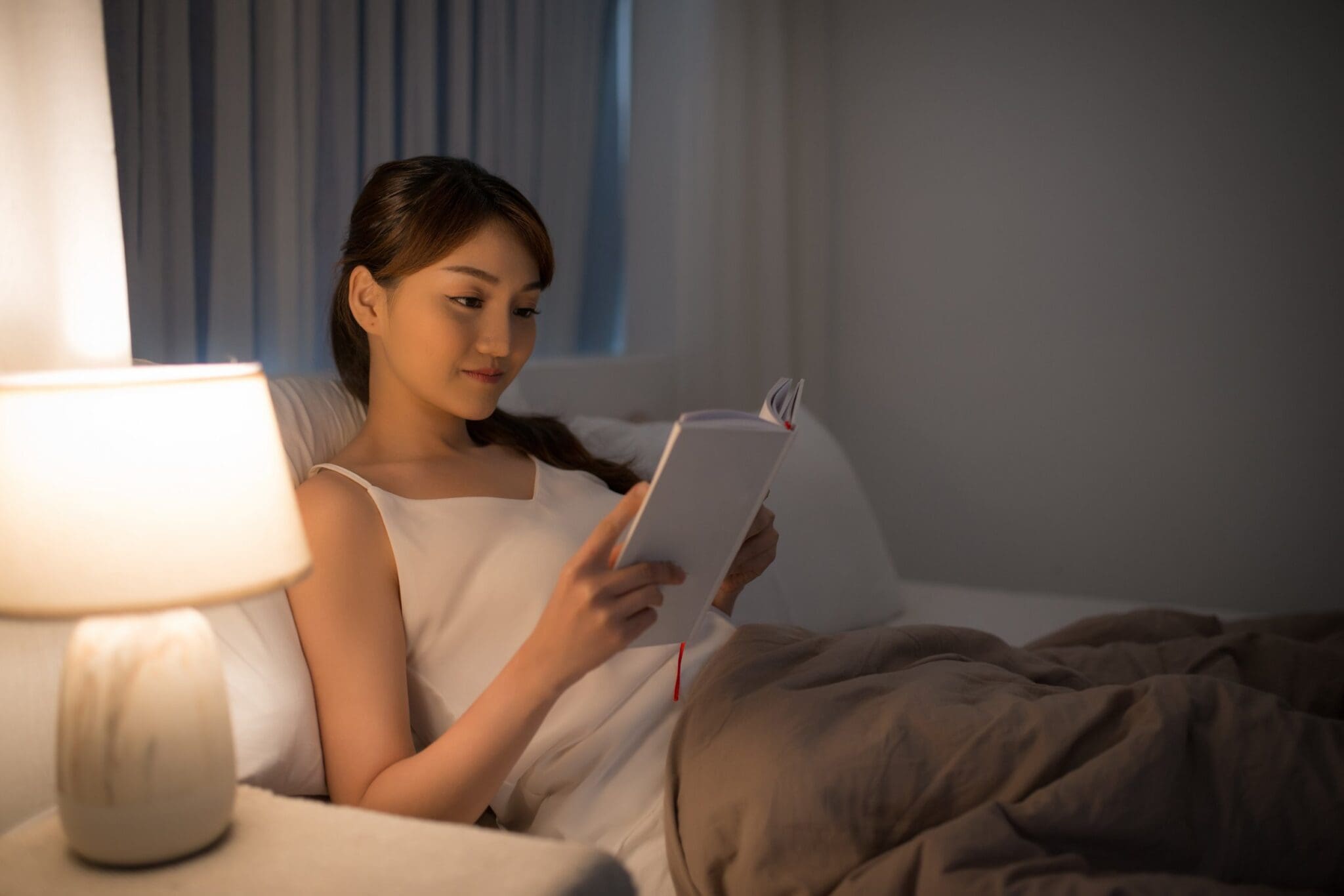
Prioritizing Sleep Hygiene for Partners at Home When One Parent Works Away
When one partner works away from home, the partner at home often bears the brunt of managing the household, caring for children and pets, and handling other responsibilities alone. Amid these challenges, maintaining good sleep hygiene can be particularly difficult but is crucial for overall well-being. In this blog post, we’ll discuss the importance of sleep hygiene and offer strategies for managing better sleep amid the demands of solo parenting and household management.
The Importance of Sleep Hygiene
Good sleep hygiene involves practices and habits that promote consistent, restful sleep. Adequate sleep is essential for physical health, emotional well-being, and effective daily functioning. For the partner at home, who may be juggling multiple responsibilities, prioritizing sleep can help manage stress, improve mood, and enhance overall resilience.
Strategies for Better Sleep Hygiene
1. Establish a Consistent Sleep Schedule:
Go to bed and wake up at the same time every day, even on weekends. This helps regulate your body’s internal clock and can improve the quality of your sleep.
Set a bedtime that allows for 7-9 hours of sleep, which is the recommended amount for most adults.
2. Create a Relaxing Bedtime Routine:
Develop a calming pre-sleep routine to signal your body that it’s time to wind down. This could include reading a book, taking a warm bath, or practicing relaxation techniques such as deep breathing or meditation.
Avoid stimulating activities and screens at least an hour before bed, as the blue light emitted by phones, tablets, and computers can interfere with your ability to fall asleep.
3. Optimize Your Sleep Environment:
Make your bedroom a comfortable, sleep-friendly space. Keep the room cool, dark, and quiet. Consider using blackout curtains, earplugs, or a white noise machine to minimize disruptions.
Invest in a good-quality mattress and pillows that support your sleep posture and comfort.
4. Manage Stress and Anxiety:
Practice stress management techniques such as mindfulness, yoga, or journaling to help reduce anxiety and promote relaxation.
Share your feelings and concerns with friends, family, or a support group to alleviate the emotional burden of managing the household alone.
5. Balance Responsibilities:
Create a daily schedule that includes time for your responsibilities as well as breaks for self-care. Prioritize tasks and delegate where possible, involving older children in age-appropriate chores to lighten your load.
Set realistic expectations for yourself and recognize that it’s okay to ask for help when needed.
6. Incorporate Physical Activity:
Regular exercise can help you fall asleep faster and enjoy deeper sleep. Aim for at least 30 minutes of moderate activity most days of the week, but avoid vigorous exercise close to bedtime.
Include family-friendly activities, such as walking or playing in the yard, to incorporate exercise into your routine without adding extra stress.
7. Monitor Food and Drink:
Be mindful of your diet, particularly in the hours leading up to bedtime. Avoid large meals, caffeine, and alcohol close to bedtime, as these can disrupt your sleep.
Opt for light, healthy snacks if you’re hungry in the evening and stay hydrated throughout the day.
8. Utilize Technology Wisely:
Use technology to stay connected with your partner, but establish boundaries to prevent late-night conversations from disrupting your sleep.
Consider using sleep apps or wearable devices that track sleep patterns and provide insights to improve your sleep hygiene.
9. Create a Support Network:
Lean on your support network for practical help and emotional support. Friends, family, and community resources can provide assistance with childcare, errands, and household tasks, giving you more time to rest.
Join online forums or local groups for parents in similar situations to share advice and encouragement.
Maintaining good sleep hygiene is essential for partners at home when one parent works away. By establishing a consistent sleep schedule, creating a relaxing bedtime routine, optimizing your sleep environment, managing stress, balancing responsibilities, incorporating physical activity, monitoring food and drink, using technology wisely, and creating a support network, you can improve your sleep quality and overall well-being. Prioritizing your sleep isn’t just a luxury—it’s a necessity that enables you to better manage the challenges of solo parenting and household responsibilities. This Mental Health Awareness Week, let’s commit to better sleep hygiene and support one another in achieving restful, restorative sleep.





